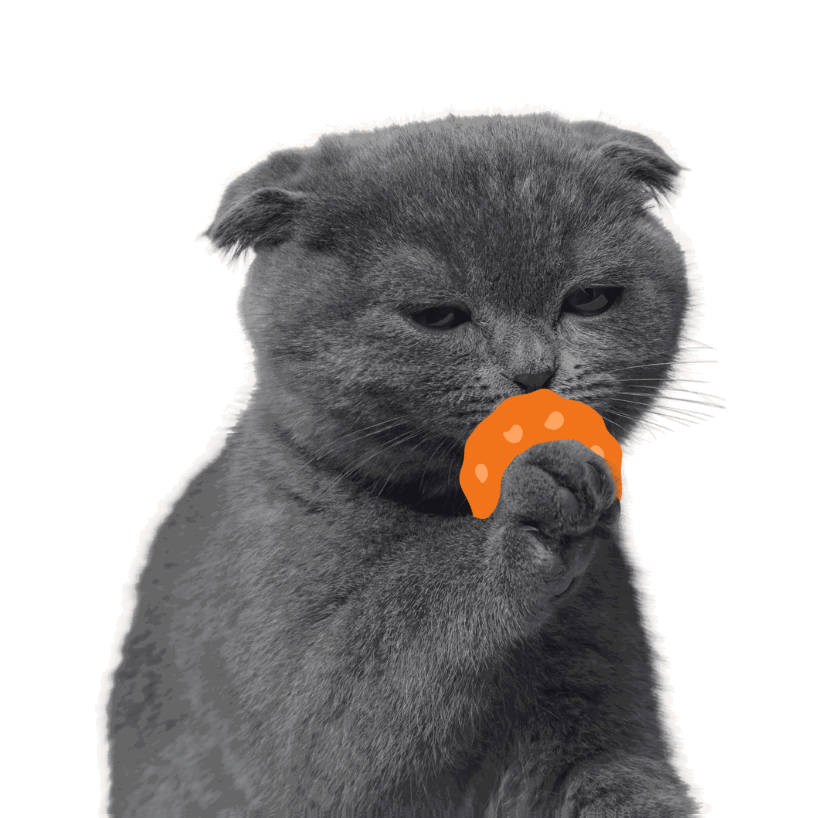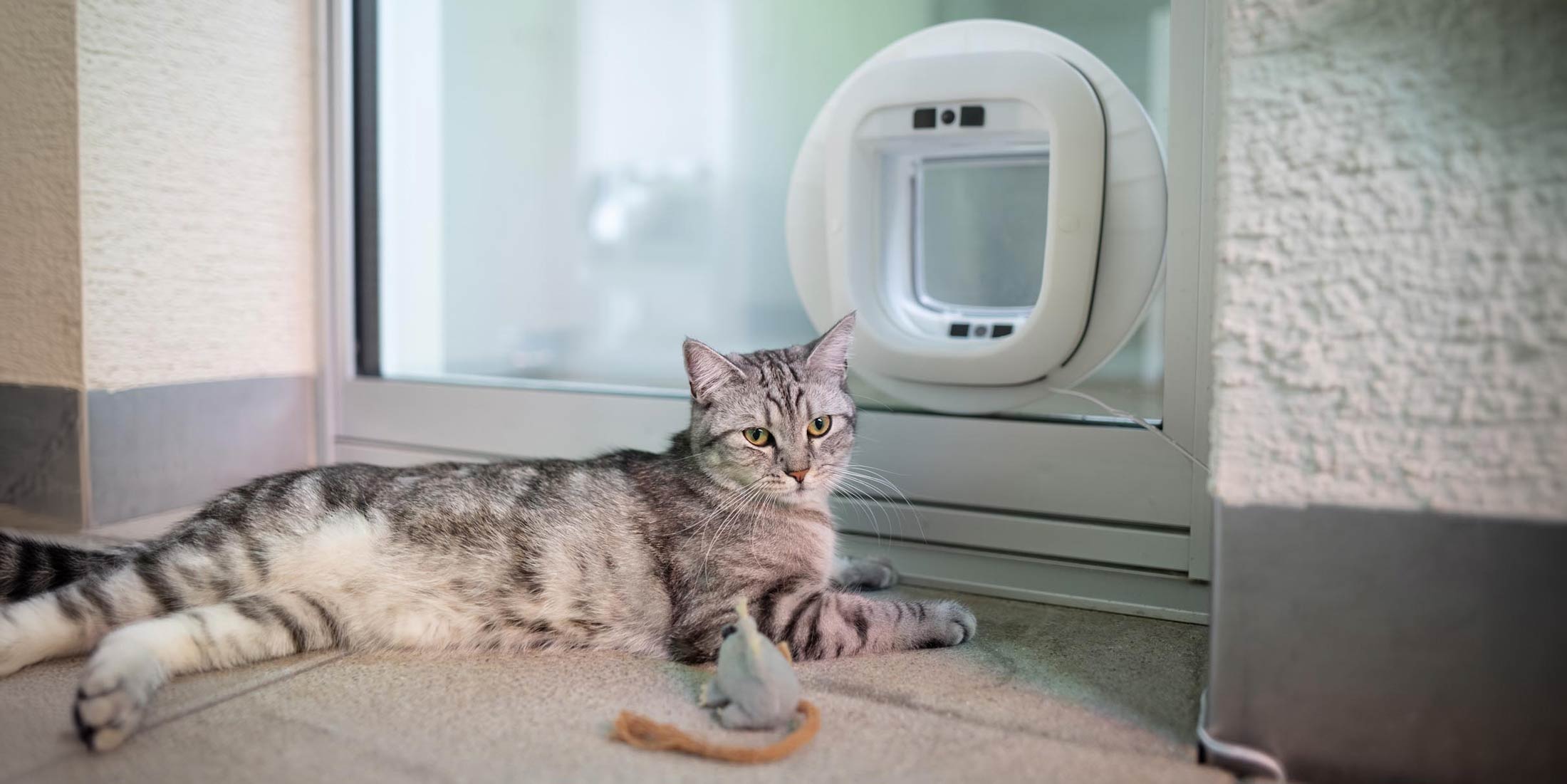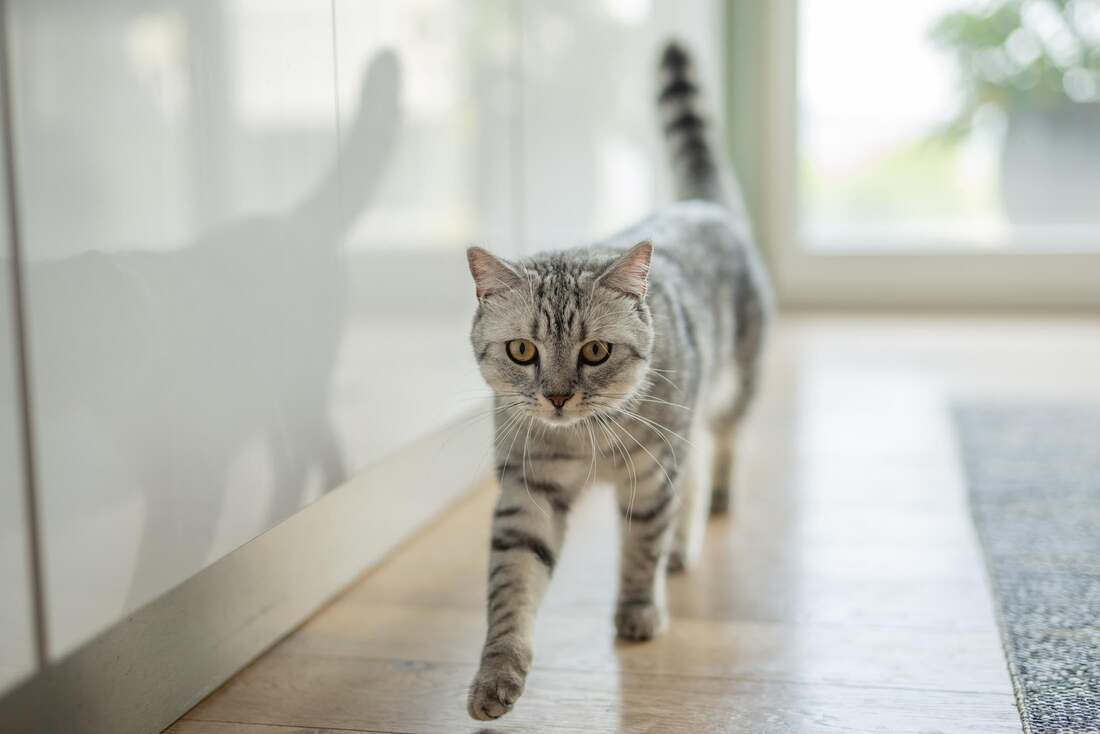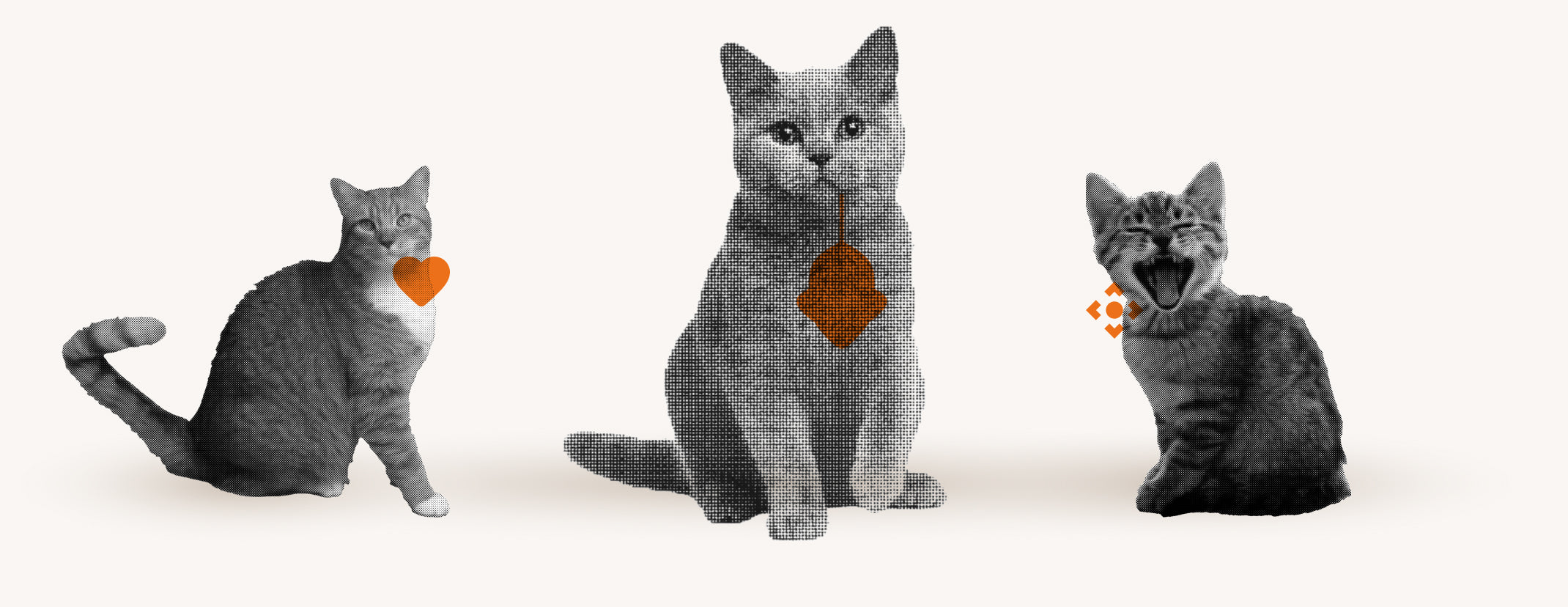Is your cat standing in front of an empty bowl and you forgot to buy cat food?
On Sundays the shops are closed and your four-legged friend is meowing hungrily – what now?
Don't worry, there are many foods you can use as a cat food alternative, such as oatmeal or small portions of meat.
In this article, you will learn about alternatives to feeding your cat a healthy diet without conventional cat food, including safe table scraps and tips for natural nutrition.
Basic care for cats without cat food

If you don't have cat food on hand, it's important to know what nutrients cats need for a healthy diet. Cats are carnivores by nature and therefore need a high-protein diet rich in animal proteins. These proteins are essential for building and maintaining their body muscles and for various metabolic processes. Fats and oils also provide important energy and support the absorption of fat-soluble vitamins, while carbohydrates are needed in smaller amounts.
In addition to proteins, fats and carbohydrates, cats also require a range of vitamins and minerals that are essential to their health. Vitamins such as vitamins A, D and E, as well as B vitamins, support a variety of bodily functions from vision to skin health. Minerals such as calcium and phosphorus are important for strong bones and teeth. A balanced diet that contains all of these nutrients is crucial to keeping your cat healthy, even without processed food.
Suitable Meat and Fish for Cats

When it comes to choosing the right meat or fish for your cat, there are a few things to consider. High-quality meat such as chicken, turkey and rabbit are easy to digest and provide excellent sources of protein. When it comes to fish, salmon and trout are particularly recommended as they are rich in omega-3 fatty acids, which have an anti-inflammatory effect and support heart and eye health.
However, there are also types of meat that you should avoid. Large amounts of pork or raw fish can cause digestive problems or toxicity. It is also important to pay attention to the freshness of the meat and fish to minimize the risk of food poisoning. A varied diet with different types of meat and fish can help meet the need for essential amino acids and fatty acids.
Healthy additives in cat nutrition

In addition to meat and fish, certain additives can also enrich your cat's diet. Healthy oils such as salmon oil or hemp oil are excellent sources of essential fatty acids that strengthen the immune system and ensure a shiny coat. Herbs such as chamomile or valerian can also have a supportive effect by promoting digestion or having a calming effect on the animal.
Special nutritional supplements can also be useful to optimize your cat's diet. Products that contain taurine or arginine are particularly important because cats cannot produce these essential amino acids themselves. They play an important role in the cardiovascular system and in reproduction. Make sure that these supplements are used in large quantities to keep your cat's diet balanced and healthy.
Recipe for a complete meal without cat food
To give your cat a complete meal without conventional cat food, you can try the following simple recipe: Cook 50 grams of chicken breast or turkey, as these types of meat are easy to digest and provide high-quality protein. Add 30 grams of cooked carrots, which not only provide a natural sweetness, but also contain important beta-carotene. These ingredients are cooked in a pot of water until soft and then finely chopped or pureed to increase digestibility.
To complement the meal and ensure all the essential nutrients are included, you can add the following ingredients: - A teaspoon of cooked, pureed pumpkin for extra fiber and vitamins - A few drops of salmon oil to provide essential omega-3 fatty acids that promote skin and coat health - A pinch of taurine powder, as taurine is a vital nutrient for cats that supports the heart and eyes These ingredients mix well with the meat and vegetables to create a balanced and nutrient-rich meal that your cat will love.
BARF: A natural diet for cats

BARF , or feeding raw meat, is based on the natural eating habits of cats in the wild. This method of feeding offers various advantages, such as:
- Promoting healthy digestion by avoiding artificial additives and preservatives.
- Preserving natural nutrients that are often lost during the cooking process.
- Strengthening the immune system through the intake of natural enzymes and proteins.
Despite the advantages, there are also disadvantages to BARF that you should consider. These include:
- The risk of bacterial infections due to improper handling or storage of raw meat.
- The need for careful planning and preparation to avoid deficiencies.
- Possible higher costs compared to conventional cat food, as high-quality raw meat is usually more expensive.
These points should be carefully considered before you decide to feed your cat raw food.
Vegan and vegetarian diet for cats

The idea of feeding cats a vegan or vegetarian diet stems from the desire of many pet owners to implement their ethical beliefs in animal husbandry. However, cats are naturally carnivores whose bodies are geared towards the absorption and utilization of animal proteins. A purely plant-based diet can therefore lead to nutritional deficiencies that could affect your cat's well-being and health. Important nutrients such as taurine, vitamin A and B12, which are mainly found in animal products, are essential for cats.
If you still consider a vegan or vegetarian diet for your cat, it is essential to do so under strict veterinary supervision and advice. Here are some points to consider:
- Ensuring adequate supply of all necessary nutrients through specially formulated vegan cat food or supplements.
- Regular health checks to detect deficiencies at an early stage.
- Open communication with a veterinarian who has experience with vegan or vegetarian cat nutrition. This is the only way to ensure that the change in diet does not come at the expense of your animal's health.
Safe table scraps for cat feeding

If you want to give your cat table scraps, it's important to know which foods are safe. Cooked meats like chicken or turkey without seasonings and sauces are a good option. Cooked eggs can also be fed in small amounts. These provide high-quality proteins that are important for your cat's diet. However, avoid spicy foods and those that contain onions or garlic, as these are toxic to cats.
Some vegetables can also be safe and healthy treats for your cat. Cooked carrots, peas and broccoli are safe in small amounts. They provide vitamins and fiber that can aid digestion. Make sure all vegetables are well cooked and unseasoned. Raw vegetables should be avoided as they can be difficult to digest. Again, stick to small amounts to keep your cat's diet balanced.
Forbidden Foods for Cats
There are certain foods that are harmful to cats and should be avoided at all costs. These include onions and garlic , which can be harmful even in small amounts. Raw pork should also never be fed to cats, as it can contain pathogens that are dangerous to cats. Chocolate and caffeinated drinks are also toxic to cats and can lead to serious health problems.
Dairy products are another problem, as many cats do not tolerate lactose well. The classic image of a cat drinking milk is often problematic in reality. Milk and dairy products can lead to digestive problems such as diarrhea and vomiting. If you want to please your cat, choose safe, cat-specific treats that do not contain harmful ingredients.
Ensure a healthy diet for your cat with Flappie
A healthy diet for your cat is crucial and Flappie offers an innovative solution to ensure this. Flappie 's smart cat flap prevents your cat from bringing home prey such as mice or birds, which not only increases the cleanliness of your home but also ensures that your cat only eats safe and suitable food.
Visit https://flappie.ch to learn more about the benefits of the smart cat flap. The Flappie app also allows you to monitor your cat's activities and control what they eat. This is a big step towards proper nutrition and a healthy life for your cat. Download the app and experience how technology can improve your pet's wellbeing.
Frequently Asked Questions
What can you feed cats besides cat food?
You can give your cat various foods as an alternative to conventional cat food. For example, small portions of well-cooked chicken, turkey or rabbit are suitable, as these types of meat are easy to digest and provide high-quality protein. Cooked carrots or peas can also be fed in small quantities. It is important that the food is fresh and unseasoned.
What can you give cats instead of cat food?
As alternatives to cat food, you can give your cat oatmeal or small portions of meat such as chicken, turkey or rabbit. Fish such as salmon and trout are also recommended as they are rich in omega-3 fatty acids. Cooked vegetables such as carrots and peas are also suitable in small quantities.
What is the healthiest food for cats?
The healthiest food for cats consists of a balanced diet rich in animal proteins. High-quality meats such as chicken, turkey and rabbit, as well as fish such as salmon and trout are particularly recommended. In addition, healthy oils and special supplements such as taurine or arginine should be considered to provide all the necessary nutrients.





Share:
When is adult cat food suitable for your cat
Cat Food Allergy Itching: Symptoms and Therapy